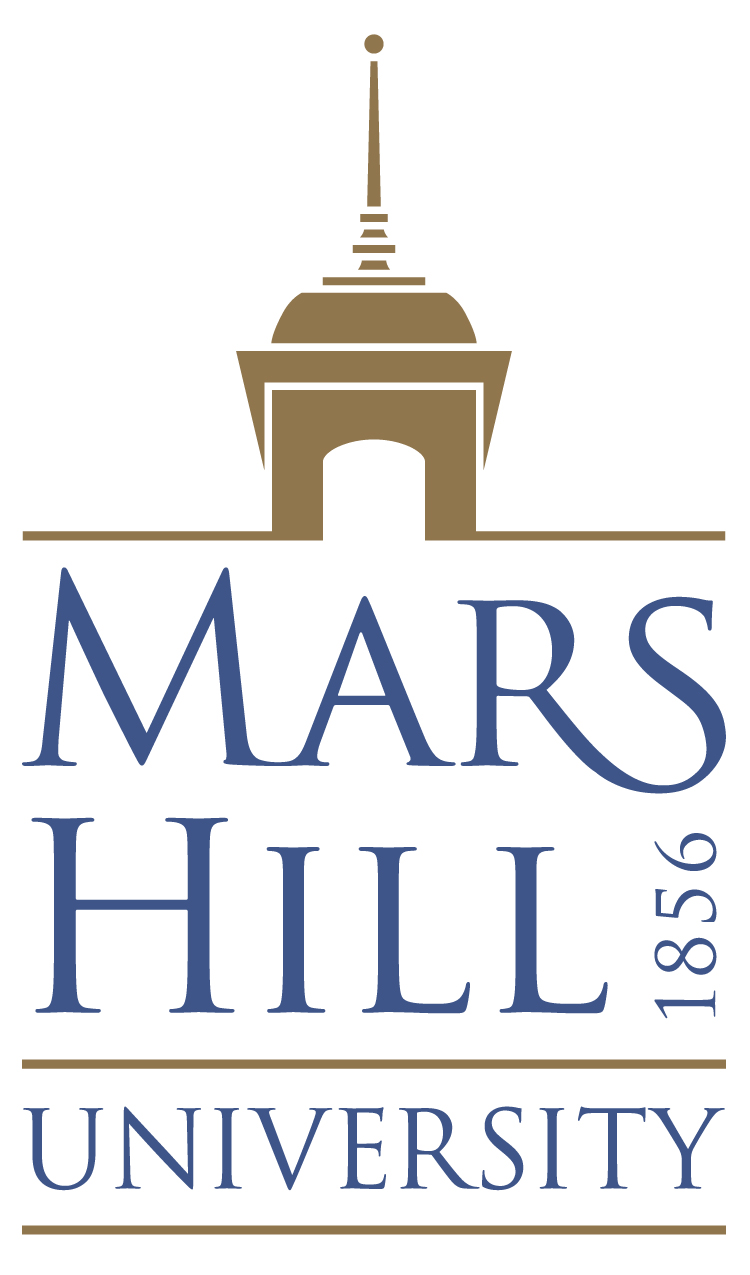
Mars Hill University
Last updated on August 14, 2024
Grant awarded by
Region
Organization Type
Congressional District(s)
Fiscal Year Of First Grant
Contributing Organization(s)
Organization description
Mars Hill University (MHU) is a private liberal arts university, founded in 1856, and is the oldest college or university on its original site in western North Carolina. Located on a scenic 194-acre campus surrounded by the Appalachian Mountains, MHU is accredited by the Southern Association of College and Schools Commission on Colleges (SAC). As of Fall 2020, enrollment includes 1,051 students of which 976 are full-time.
MHU has an explicit commitment to diversity, and in 1961 was the first private college in North Carolina to integrate. Currently, 30% of total student enrollment is in the minority, distinguishing Mars Hill as the most racially diverse college/university in western North Carolina. This includes 17.5% African American and 7.1% Hispanic students. At least 54% of the student population is female. MHU cherishes its heritage of providing quality education to first generation and low-income students: At least 39% of MHU’s total student enrollment consists of first-generation students. At least 98% of MHU students receive financial aid, including 61% who are Pell recipients. The majority of MHU students come from the southeast with 70% from North Carolina and 57% are from Western North Carolina Counties.
Fulfilling the founders’ vision of a school that would serve the region, MHU is a leader in service-learning, with over a third of students providing meaningful, long-term service to agencies in the surrounding community every year. Mars Hill’s location also lends itself to a celebrated role in the preservation of Southern Appalachian history. This work is particularly accomplished through the programs of the Liston B. Ramsey Center for Regional Studies, which houses the substantial holdings of the Southern Appalachian Archives.
Project description
TPS project focus
- Academic Courses
- Curriculum
- Teaching Materials
- Workshops
Content focus
- Cultural Studies
- Equity and Inclusion
- History
Audience
- Classroom teachers
- Community members
- Curriculum coordinators
- Librarians/Media specialists
- Students
- Teacher candidates/Student teachers
- University faculty
Level(s)
- K-5
- 6 - 8
- 9 - 12
- Undergraduate
- Graduate
Population focus
- Low income
- Rural